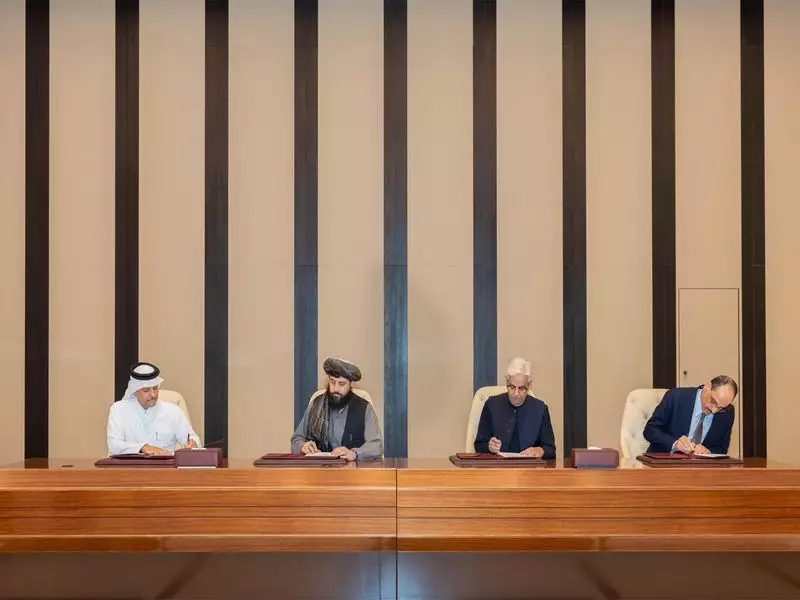
High-stakes diplomatic negotiations between Pakistan and Afghanistan have reached a critical impasse during talks hosted in Turkiye, with the Taliban's unwavering refusal to take action against the banned Tehreek-e-Taliban Pakistan (TTP) emerging as the primary stumbling block.
The Core Conflict
According to informed diplomatic sources, the talks concluded without any substantial progress as the Afghan interim government, led by the Taliban, maintained its firm position of not launching military operations against TTP militants operating from Afghan soil. This stance has created a major roadblock in addressing Pakistan's primary security concern.
Pakistan's Security Demands
Islamabad presented clear and specific demands to the Taliban delegation, emphasizing the urgent need for:
- Immediate action against TTP sanctuaries in Afghanistan
- Prevention of cross-border terrorist attacks
- Extradition of wanted TTP commanders to Pakistan
- Dismantling of TTP operational networks
Taliban's Defiant Position
The Afghan delegation, representing the Taliban government, countered with their own set of demands while refusing to budge on the TTP issue. They insisted that Pakistan must address their concerns first, including:
- Return of Afghan refugees from Pakistan
- Release of Afghan prisoners in Pakistani custody
- Resolution of bilateral trade and transit issues
Regional Implications
This diplomatic deadlock carries significant consequences for regional stability. The continued presence and operations of TTP from Afghan territory pose a direct threat to Pakistan's internal security, while the Taliban's inflexibility demonstrates the complex power dynamics in the region.
Future Prospects
Despite the current stalemate, both parties have agreed to maintain communication channels open. However, the failure to reach any meaningful agreement in Turkiye raises serious questions about the future of Pakistan-Afghanistan relations and the broader fight against terrorism in the region.
The international community, particularly regional powers, is closely monitoring the situation as this impasse could have far-reaching implications for South Asian security dynamics and counter-terrorism efforts.





